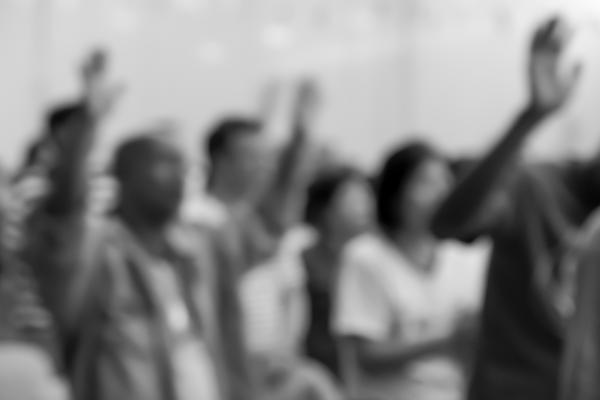Jul 12, 2016
African-Americans often express frustration at white Americans for overlooking their grief at the deaths of young black men shot and killed by police.
On a conference call last week, hours before Micah Xavier Johnson, a black man, opened fire and killed five white police officers, about 500 Christians, black and white, tried to bridge that racial divide.
Read the Full Article

Already a subscriber? Login
